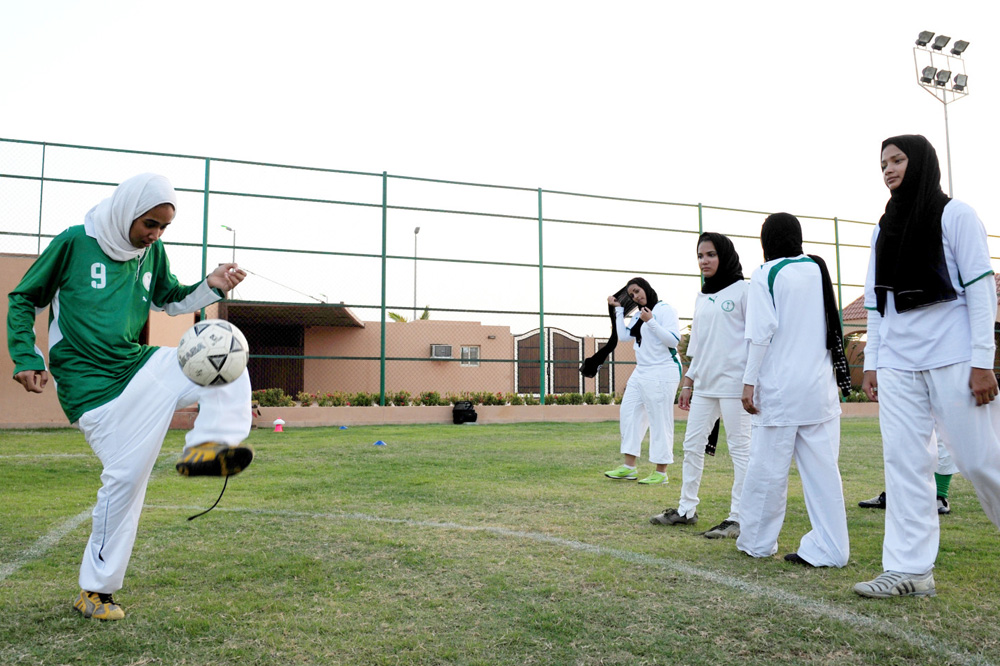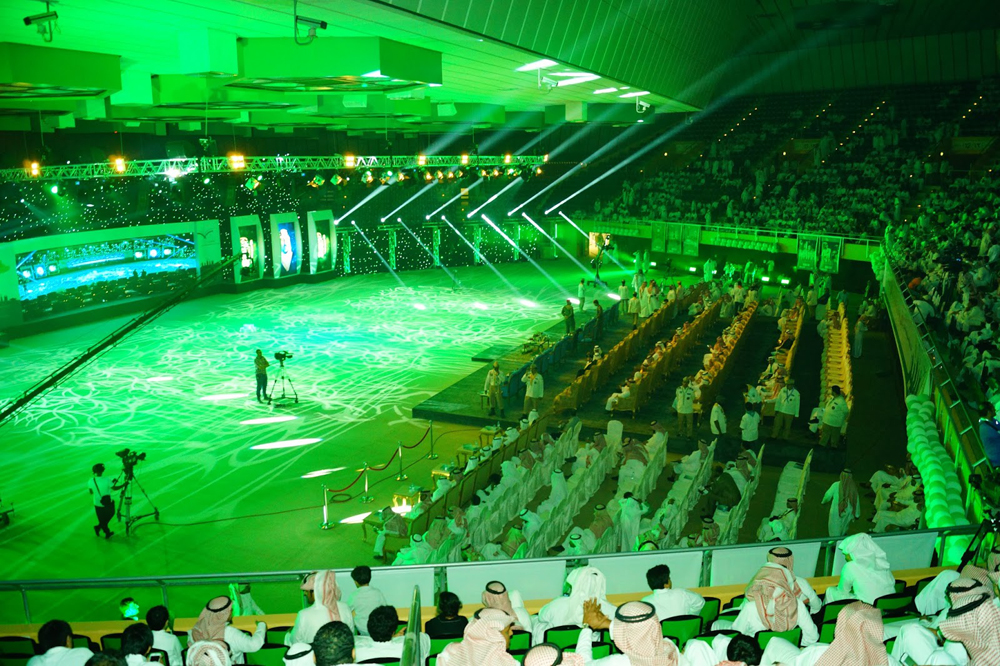
The United, an all-female football team in Jeddah
A bit over a year ago, on the 12th of January 2018, female fans were legally allowed to attend football matches for the first time in Saudi Arabia. A few months before that, in September 2017, a sports stadium in Riyadh opened its doors for the first time to hundreds of women who flocked to attend celebrations marking the Kingdom’s national day. This month, Saudi Arabia has achieved another milestone with regards to women and sports: Saudi Gazette reports that in just a couple of weeks, the Kingdom will be organizing its first Gulf women’s football tournament.
Scheduled to run from March 1 to 6, this first-of-its-kind tournament titled “Football Unites Us” is being made possible by the Saudi Federation for Community Sports and will see a total of 16 teams participate at the Green Hall of Al-Khobar Sports City. A number of women’s football clubs from across Saudi Arabia, as well as United Arab Emirates, Kuwait, Bahrain, and Oman, will take part on the competition, which will be held under the patronage of Prince Saud Bin Naif, Emir of the Eastern Province.

Green Halls, Al Khobar Sports City
The inaugural event will be followed by two football matches, and then there will be four matches every day after that. In addition to the football matches, other sport events such as tennis, basketball, and table tennis are scheduled to run at the same venue, and there will be musical programs as well. For the many families expected to attend, outdoor spaces will be provided for children’s games, sports, and meals with the availability of food courts.
Aside from lifting the ban on women in stadiums, Saudi Arabia has been making a series of monumental changes to its sports sector over the last couple of years that ensure the involvement of its women get involved. For instance, in 2017, the Kingdom appointed Princess Reema Bint Bandar Bin Sultan as President of the Saudi Federation for Community Sports, the first time a woman has been given this role in Saudi Arabia’s history, and in October last year, Saudi Arabia's Football Federation (SAFF) welcomed two women onto its board of directors, Adwa Al Arifi and Reham Al-Onaizan.
These efforts, along with many others that have been designed to encourage women to participate in sports and take up a healthier way of life, are seen as a key part of Saudi Arabia’s Vision 2030, a national plan to not only diversify the country’s economy but also transform its society, part of which involves the easing of strict rules on gender separation.

















